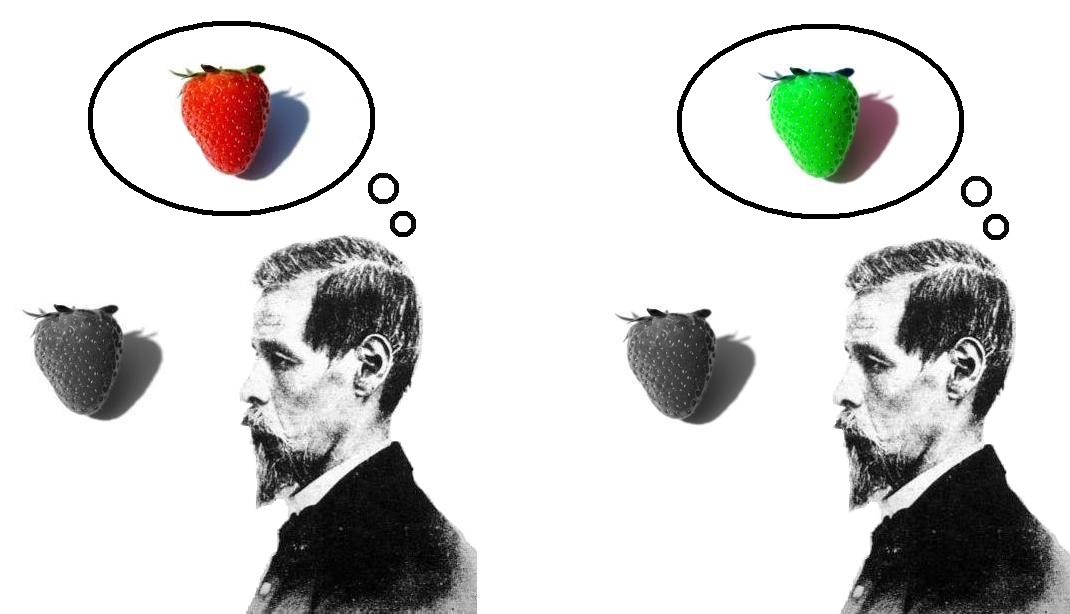|
Panpsychist
In philosophy of mind, panpsychism () is the view that the mind or a mind-like aspect is a fundamental and ubiquitous feature of reality. It is also described as a theory that "the mind is a fundamental feature of the world which exists throughout the universe". It is one of the oldest philosophical theories, and has been ascribed in some form to philosophers including Thales, Plato, Spinoza, Leibniz, Schopenhauer, William James, Alfred North Whitehead, and Bertrand Russell. In the 19th century, panpsychism was the default philosophy of mind in Western thought, but it saw a decline in the mid-20th century with the rise of logical positivism. Recent interest in the hard problem of consciousness and developments in the fields of neuroscience, psychology, and quantum mechanics have revived interest in panpsychism in the 21st century because it addresses the hard problem directly. Overview Etymology The term ''panpsychism'' comes from the Greek ''pan'' ( πᾶν: "all, everythi ... [...More Info...] [...Related Items...] OR: [Wikipedia] [Google] [Baidu] |
Hard Problem Of Consciousness
In the philosophy of mind, the hard problem of consciousness is to explain why and how humans and other organisms have qualia, phenomenal consciousness, or subjective experience. It is contrasted with the "easy problems" of explaining why and how physical systems give a human being the ability to discriminate, to integrate information, and to perform behavioural functions such as watching, listening, speaking (including generating an utterance that appears to refer to personal behaviour or belief), and so forth. The easy problems are amenable to functional explanation—that is, explanations that are mechanistic or behavioural—since each physical system can be explained purely by reference to the "structure and dynamics" that underpin the phenomenon. Proponents of the hard problem propose that it is categorically different from the easy problems since no mechanistic or behavioural explanation could explain the character of an experience, not even in principle. Even after all the ... [...More Info...] [...Related Items...] OR: [Wikipedia] [Google] [Baidu] |
